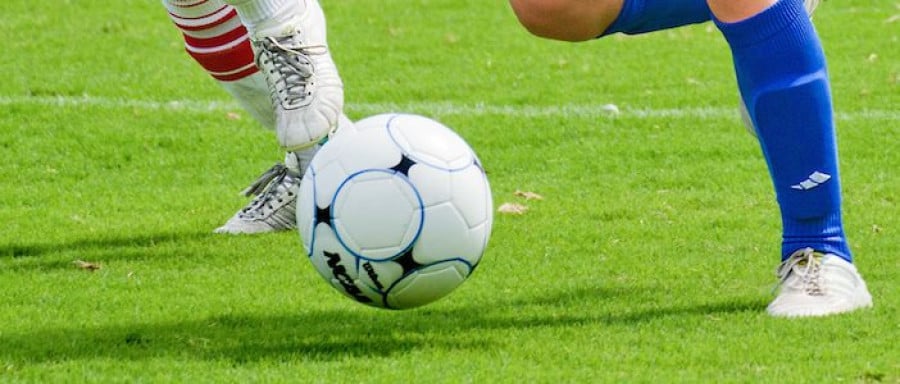Lessons from Suarez: is it time for “universality” in football sanctions?

The hat trick bite of Luis Suarez in the 2014 FIFA World Cup Brazil was undoubtedly the sports law story of the summer, the most interesting part of which were the debates surrounding the length and type of playing suspension levied upon Mr Suarez by the FIFA Disciplinary Committee and the adjustment thereto upon appeal by the Court of Arbitration for Sport (‘the CAS’).
The FIFA Disciplinary Committee utilised a provision - Article 22 of the FIFA Disciplinary Code1 (ban on any football related activity) - that had, up until that point, only ever been used in relation to integrity and corruption offences.2
However, it was far from clear what the scope of this particular provision meant in terms of his suspension. Indeed, this was one of the main points argued by his legal team at the CAS, and it begs the question: would it not be better for such confusion to be avoided altogether?
In this blog, I will be comparing the regulatory regimes in football and rugby union to argue that football should move away from its current competition-based suspension system to adopt that of “universality” (defined below).
The status of suspensions under the FIFA Code
Following Mr Suarez’s bite in the match between Uruguay and Italy, the FIFA Disciplinary Committee suspended him for “nine official matches” at international level and also concurrently “banned [him] from taking part in any football‑related activity (administrative, sports or any other) for a period of four months”.3
Previously, it was believed to be the case that FIFA, under their own Disciplinary Code, could suspend a player following a “serious infringement”4 such as Mr Suarez’s bite - in this instance caught on camera - only for international fixtures in accordance with its jurisdiction under Article 2 (Scope of application: substantive law) and its powers under Article 38 (Carrying over match suspensions)5.
Article 2 makes it clear that the Code applies to every match and competition organised by FIFA and that all other competitions are left to the individual organiser, be it a regional confederation or a national football association for club football. Paragraph 1 of Article 38 says: “As a general rule, every match suspension is carried over from one round to the next in the same competition”.
Paragraph 2 goes on to say that where this is not possible (e.g. where the player is suspended during a FIFA World Cup but the player’s team gets knocked out of the tournament), the suspension will be carried over to the team’s subsequent official match(s).
The time‑defined element of Mr Suarez’s suspension is a power available to FIFA under Article 22 and in this instance was said to have applied to “any football‑related activity”, including a ban from playing in club fixtures.
The unusual length and nature of the ban will no doubt have also been due to the fact he was a repeat offender, having been suspended on two previous occasions in club football for biting, for seven6 and ten matches7, and also a lengthy suspension from club football for racial abuse on the field of play.8
In their appeal award, CAS confirmed the international suspension and the length of it, but declared that Mr Suarez could take part in all other football-related activity other than official club matches.9
In my opinion, the CAS award was largely proportionate and appropriate in the circumstances. However it was clear that having not previously used Article 22 in relation to acts of misconduct/foul play, i.e. those offences which are worthy of a red card (Article 47), that the whole affair was somewhat unsatisfactory and, in my opinion, there is an alternative and more satisfactory path to be taken going forward.
To continue reading or watching login or register here
Already a member? Sign in
Get access to all of the expert analysis and commentary at LawInSport including articles, webinars, conference videos and podcast transcripts. Find out more here.
- Tags: 2014 FIFA World Cup Brazil | Court of Arbitration for Sport (CAS) | FIFA | FIFA Disciplinary Code | FIFA Disciplinary Committee | Football | Governance | Regulation | Rugby | Spain | Uruguay
Related Articles
- How can Suarez legally defend against a ban from football for his World Cup “bite”?
- The FIFA Suarez ban explained
- Luis Suarez case: sanctions confirmed by the Court of Arbitration for Sport (CAS) but suspension limited to official matches
- What constitutes restraint of trade in football players’ and managers’ contracts?
Written by
Kevin Carpenter
Kevin is a advisor and member of the editorial board for LawInSport, having previously acted as editor.
Kevin specialises in integrity, regulatory, governance and disciplinary matters. His expertise and knowledge has led him to be engaged by major private and public bodies, including the IOC, FIFA, the Council of Europe, INTERPOL and the United Nations Office on Drugs and Crime (UNODC), as well as making regular appearances internationally delivering presentations and commenting in the media on sports law issues.
His research and papers are published across a variety of forums, including having a blog on LawInSport.

 Global Summit 2024
Global Summit 2024